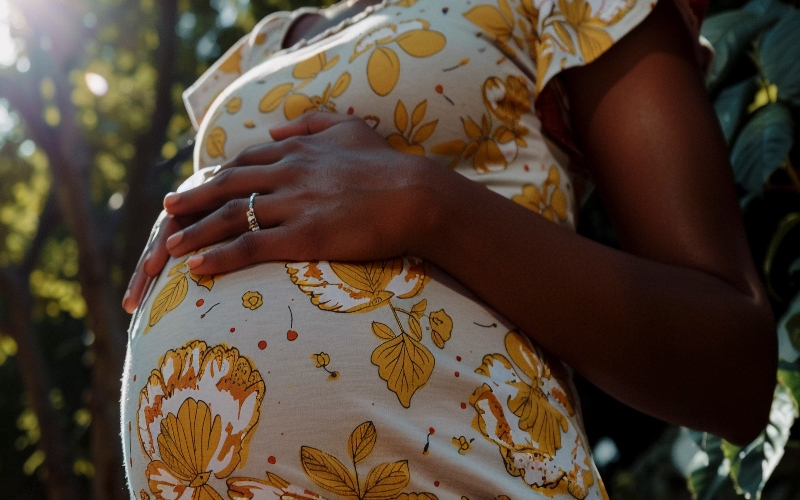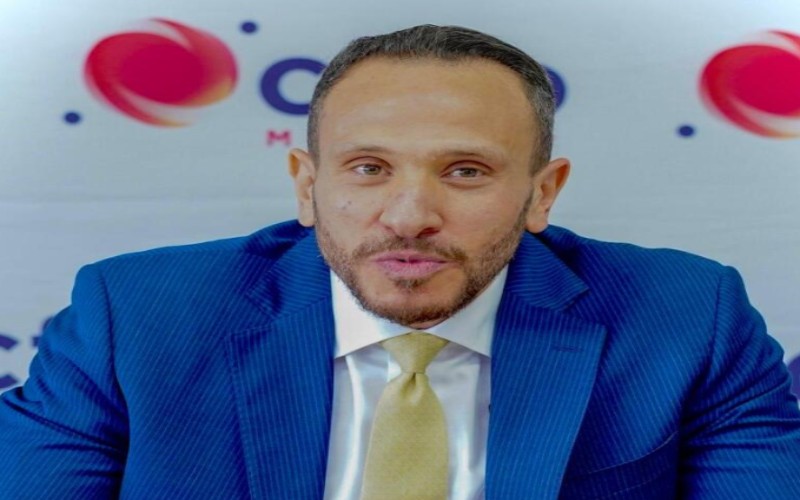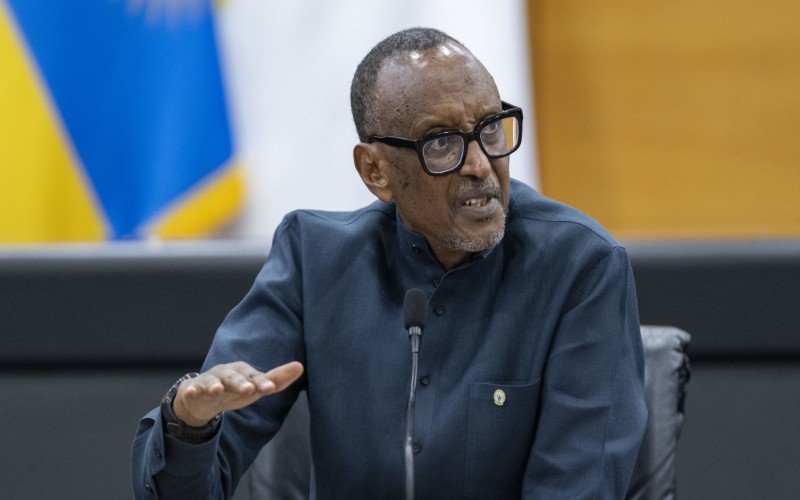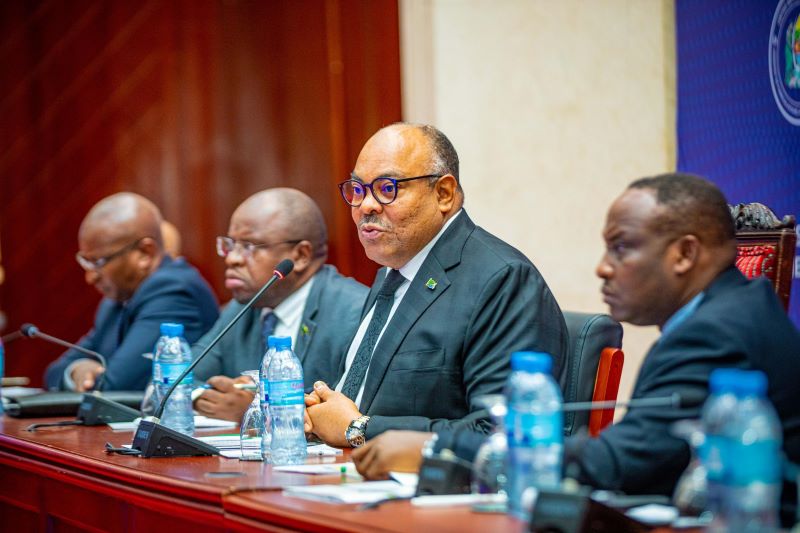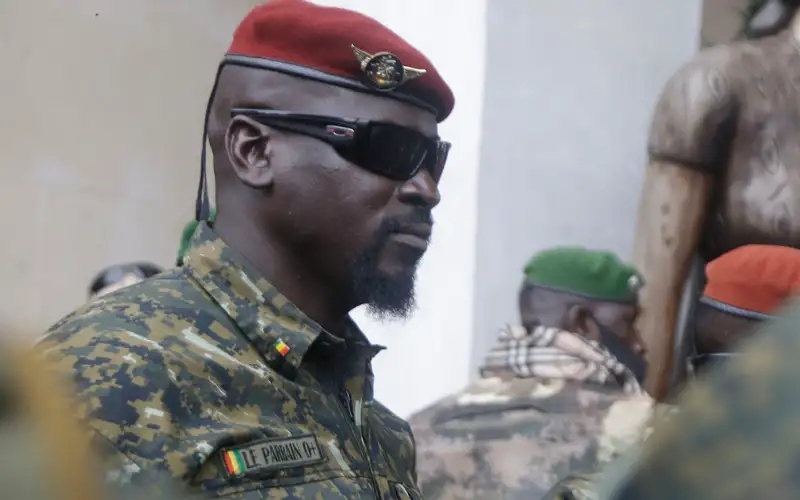Marginalised groups make urgent call for inclusion in climate change policies
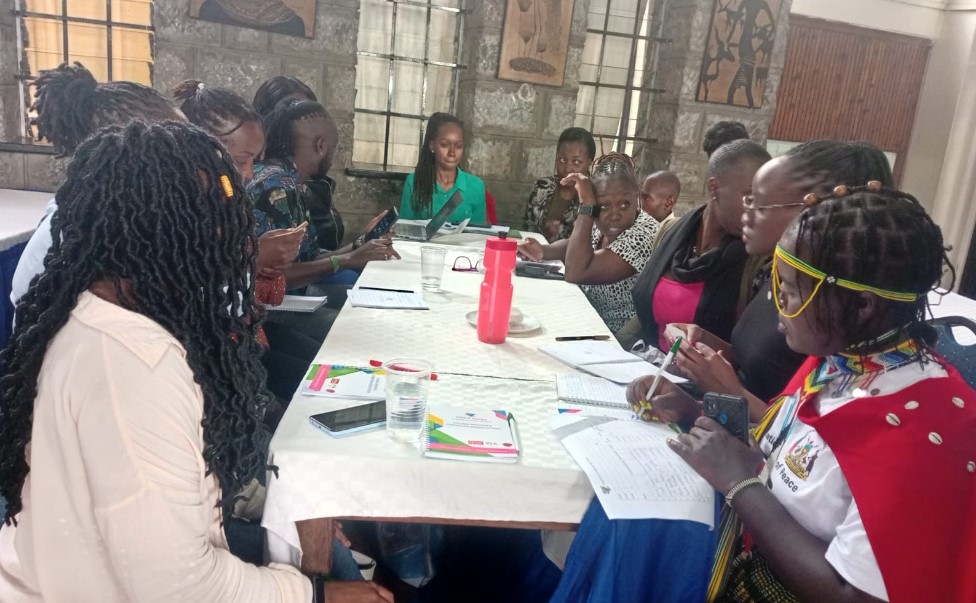
Many emphasised the need for climate solutions that address their communities' specific needs and realities.
Despite bearing the brunt of climate change impacts, women, youth, and people living with disabilities from marginalised communities are often side-lined in critical policy discussions.
At a recent event hosted by the Young Women's Christian Association (YWCA), participants from urban slums, rural areas, and underserved regions voiced their concerns, sharing the unique challenges they face.
More To Read
- What’s at stake in the COP30 negotiations?
- Major global emitters off track, no country strong enough to meet climate targets - report
- Nubian Rights Forum launches sensitisation drive to end marginalisation of minority groups
- African activists rally and challenge COP30 agenda
- Ethiopia hosting COP32 a ‘win for the Horn of Africa’, IGAD says
- Power utilities raise clean energy investment plans by 26 per cent in major Net Zero push
Many emphasised the urgent need for climate solutions that address their communities' specific needs and realities. Without their active inclusion, these voices fear their struggles will remain unaddressed, and the policies meant to protect them will fall short.
A recurring theme throughout the discussions was the glaring lack of representation, which hampers awareness and inhibits meaningful participation in policy-making. As a result, the needs of these communities — especially women, youth, and people with disabilities — are too often neglected, leaving them vulnerable in the face of climate change.
Nancy Mokua, a representative from a marginalised community in Kajiado County, spoke about the difficulties faced by women in her area.
Scarcity of resources
"As women, we are aware of the challenges we face, but our efforts hit roadblocks, especially when it comes to resources like water," Mokua explained.
The scarcity of water not only deepens women's hardship but also severely limits their ability to engage in agriculture and provide for their families.
"This situation only pushes us further into poverty," she added.
Mokua proposed that allocating resources for projects like the drilling of boreholes and raising awareness on how climate change funds are distributed could empower women to participate more actively.
"If women understood how climate change initiatives and funding work, we'd be in a much stronger position to contribute to our communities," she asserted.
Lorraine Modi, a youth advocate from Nairobi, echoed similar frustrations, stressing the need for the government to consider the specific needs of young people in climate policies.
"Access to funding is a major barrier for the youth. Many of us have innovative ideas for agriculture, but we struggle to implement them due to financial constraints," Modi explained.
Young farmers
The rising cost of fertiliser has further compounded the challenges young farmers face, making it increasingly difficult for them to sustain their livelihoods.
"Climate change has severely impacted us as young farmers. Higher temperatures mean lower yields. The government must develop policies that support youth in agriculture, as this offers both income and employment opportunities," Modi said.
For people living with disabilities, the situation is even more dire.
Representatives from Marsabit County highlighted the specific barriers that individuals with disabilities face in accessing climate change platforms.
"We are often excluded from these discussions because people don't see us as part of the solution. Yet, we are affected just as much, if not more," they pointed out.
They called for inclusive spaces where people with disabilities can contribute their ideas and experiences.
"We need accessible information, funding, and spaces where our voices can be heard. Only then will climate solutions truly serve all members of society."
Peter Oloo, an environmental advocate, reinforced the need for young people, especially those living in marginalised communities, to be part of climate change discussions at national and global levels.
"Many young people don't know what goes on at conferences like COP (the UN convention on climate change) because they are not included in these conversations. Yet, they are the ones leading grassroots initiatives," Oloo noted, advocating for youth to be more actively involved in climate negotiations.
He stressed that resource allocation must also include young people and those with disabilities to strengthen their capacity to mitigate and adapt to the changing climate.
Mary Bada, the chairperson of Mombasa YWCA, said local communities, especially women and people living with disabilities, should be empowered to take the lead in climate change initiatives.
"People understand the specific challenges within their communities. If we empower them, we can foster more sustainable solutions," she said.
Bada advocated for more women and people with disabilities to be included in climate discussions, pointing out that they often carry the heaviest burdens from climate change.
"We need to build awareness at the grassroots level and ensure that both women and people living with disabilities are financially supported and empowered to make meaningful contributions," she said.
Fred Ouma, the lead negotiator for transparency, highlighted the critical role civil societies must play in amplifying the voices of marginalised communities.
"Every agreement is negotiated based on personal interests," he explained, stressing the importance of advocating for broader societal needs, including those of people with disabilities.
"Civil societies need to understand the unique needs of these communities and push for their inclusion at every level of policy-making," said Ouma.
Top Stories Today
